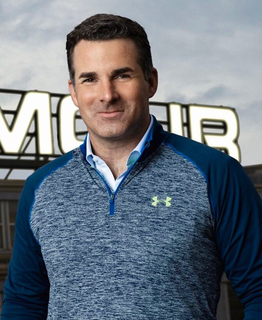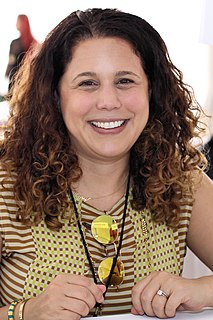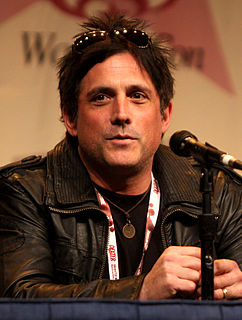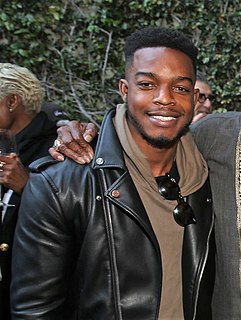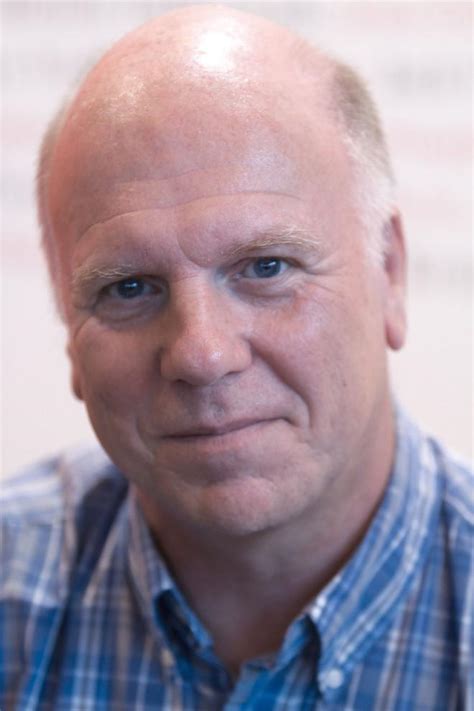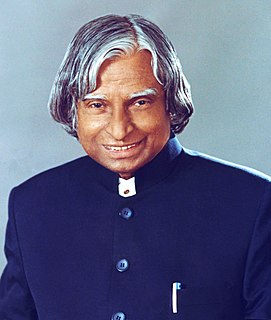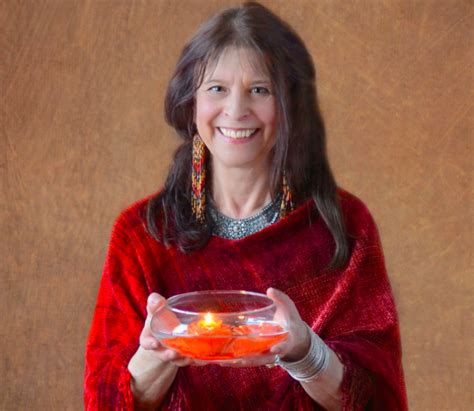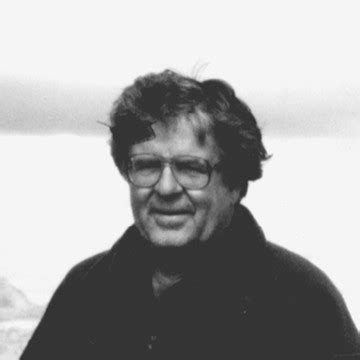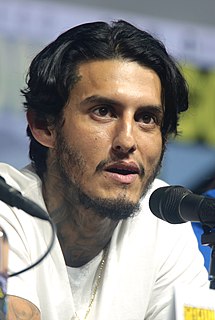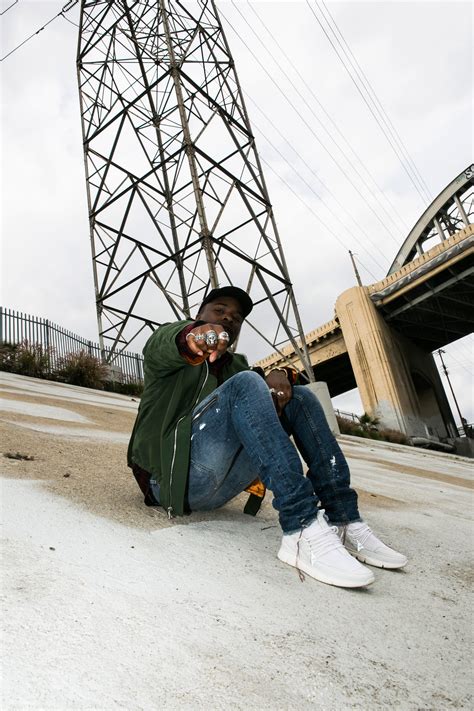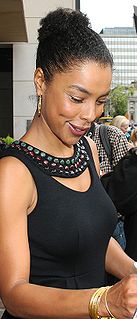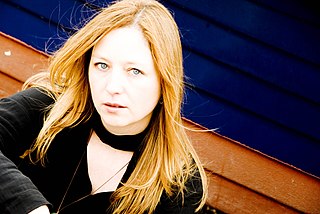Top 1200 Stories Quotes & Sayings - Page 20
Explore popular Stories quotes.
Last updated on December 24, 2024.
We live in a society that is in transition from oral to written. There are oral stories that are still there, not exactly in their full magnificence, but still strong in their differentness from written stories. Each mode has its ways and methods and rules. They can reinforce each other; this is the advantage my generation has - we can bring to the written story something of that energy of the story told by word of mouth.
A good piece of fiction, in my view, does not offer solutions. Good stories deal with our moral struggles, our uncertainties, our dreams, our blunders, our contradictions, our endless quest for understanding. Good stories do not resolve the mysteries of the human spirit but rather describe and expand up on those mysteries.
I just think that a much more important part of the problem we face, which was evident 10 years ago and is even more evident now, is that the way we share information among ourselves as American citizens has been radically transformed. The line between news and entertainment has almost dissolved, where ratings now have a big impact on what kinds of stories are covered and not stories.
Any platform that you use to tell stories helps you regardless of the medium regardless if they are bedtime stories that you tell your children or comics or film. Specifically what makes comics unique is that they are a storytelling device that forces you to think both visually and economically. Some might say you are limited by your imagination, but that is not true because someone has to draw it.
My greatest strength as a writer is that I'm a storyteller. But, it was a long, hard struggle for me to make the transition from verbally telling stories to writing them. You'll note I don't dwell on descriptions in my writing, because I'm far more interested in telling the story. There are many better writers in this world, but you'd be hard pressed to find anyone more passionate about stories than I am.
If you go all the way back, I've always written science-fiction, I've always written fantasy, I've always written horror stories and monster stories, right from the beginning of my career. I've always moved back and forth between the genres. I don't really recognise that there's a significant difference between them in some senses.
The teacher always used me as an example to the class of good English and good storytelling because we all had to write the same stories. But she used to make me go out front - which I hated - and read my story to the class and I would get huge applause. Not because of who I was but because they truly enjoyed the stories I wrote.
But it's hard for me to pinpoint where all my characters and dialogue come from - imagination or real life. My memoir, of course, was all about my past, and many of the short stories cleave very closely to my life, but the more stories I wrote in the collection, the more that seemed to be invented, but who knows... I think I'm writing about a young woman with acne who shoplifts, but I'm really writing about myself.
I don't think I tell stories of tragedy. I think I tell stories of love. Even though you're full of tears, I hope that you leave the theatre with your heart feeling like it's going to explode out of your chest. And yes, you've been through the tragedy, but it's ultimately hope that I think you're left with.
Great brands are like great stories. And every story has a beginning, a middle, and an end. And our job is to make sure that every chapter of our stories makes sense to the one in front of it and make sense to the one after it. There is no such thing as an overnight success. You have to get up and put your work boots on every single day.
I want to see children curled up with books, finding an awareness of themselves as they discover other people's thoughts. I want them to make the connection that books are people's stories, that writing is talking on paper, and I want them to write their own stories. I'd like my books to provide that connection for them.
I think you find stories with fresh perspectives, and there can be a danger in the opposite way when you start getting too cynical and things just don't start seeming like stories, and things don't seem exciting anymore. It's like, 'Yep, this is my fourth caucus, and I know everybody and know everything and I am writing just to impress my friends.'
Some stories I write in Swedish, some in English. Short stories I've almost exclusively written in English lately, mostly because there's such a small market for them in Sweden and it doesn't really pay either. So, the translation goes both ways. What also factors in is that I have a different voice in English, which means that a straight translation wouldn't be the same as if I'd written it in English originally.
The God-honest truth is that Jeff and I just do what we do. You have no control. We didn't have control last year, or the year before either, or the year before that. We can only do what we do, which is to make the show that we love, continue to follow the path for the stories that we want to tell, tell great and compelling stories, week-to-week, that interest our fans, and really hope for the best.
I realize the importance of retelling those stories is so that, one, we don't forget what our ancestors had to do so we can be where we are, and two, to just educate the newer generation. I'm being educated by all these films ['Race' and 'Selma'] and the things I've had the opportunity to be a part of, and kids even younger than me are being educated, too. It's important to make sure those stories never die.
I like newspaper stories that are incomplete, that give me room to imagine the rest. It's no good to me reading about something that's all neatly solved and wrapped up. That's why so many of my stories revolve around human psychology, around why someone commits a certain crime, or series of crimes. I don't profess to know the answers but I like to explore the possibilities.
I read a lot of detective stories because they always deliver. They give you a beginning, a middle, and an end - a resolution. The modern novels I read don't always deliver because I'm looking essentially for a story. As in Shakespeare, "The play's the thing." In particular I read detective stories for pacing, plot and suspense.
I think we are affected so much by mythical stories and biblical stories, our society being based on the Bible - at least the old society is based on biblical terms and laws - that there's more of it in art than people realize. Sometimes it comes to the surface, but sometimes it's below the surface, but certainly, it does influence some of my movies.
I think acting came later in life when I went to college. I started out there. I wasn't a big star in the school plays or anything. I guess I just really liked stories. I was an English-literature major, and that's all about stories and narratives. Film and theater are very powerful storytelling mediums. You sit in a dark room and enter another world. I love that as a member of the audience, and I sort of wanted to get on the other side.
A lot of my family weren't present when I was young, so I was getting a lot of stories told to me about them. Certain members of family had reputations because they were involved in crime and stuff like that. Then, when I was out on the streets, I'd be hearing more stories about them. So I think my whole upbringing was just heavily story-oriented.
I think that's a really important role that people sometimes forget about, especially with all these newspaper shutting down and having trouble, where are all these stories going to go? I think you have something really great with all those stories waiting to be told, but I just don't know how it shapes up exactly. I don't think there are going to be a lot of newspaper reporters sitting around not writing.
I'm a cinephile. I love movies, I love film at every level. I'm a student of it. It informs me as does all art in my music, because there's stories, there's acts, there's moods, there's dynamics, there's moodiness, emotion. All of those things that play into a film. I think that could equally be said about music. It definitely informs me. Beats is stories.
I kept writing short stories and sending out my manuscript, and it kept coming back like a bad penny. It was rejected all over town, quite often in very complimentary terms, but rejected nonetheless. Agents would return it saying that they loved it but didn't think they could sell it, or they would ask if I could change the collection into linked stories.
I knew what I wanted to do when I set out. I knew that I wanted to write a book that told the story, obviously. I wanted it be comedy first, because I felt like there already had been childhood druggy stories that were very serious, and I felt that the unique thing here was that I was a comic and I could tell the story with some levity, and I have been laughing at these stories my whole life.
There are stories within stories, whispered in the quiet of the night, shouted above the roar of the day, and played out between lovers and enemies, strangers and friends. But all are fragile things made of just twenty-six letters arranged and re-arranged to form tales and imaginings which will dazzle your senses, haunt your imagination and move you to the very depths of your soul.
My first book came out again - the re-issue from 2001. I was rereading it to make sure that I didn't miss any mistakes, and I didn't know who had written some of these stories. I really didn't. I am a different person now. It's weird. I think if stories are good, they have to have a life of their own that's independent of the writer. I like to think of my characters out there in other peoples' heads. That's a nice thing to think about.
Women's stories are as powerful, inspiring, and terrifying as the goddess herself. And in fact, these are the stories of the goddess. As women, we know her because we are her. Each woman, no matter how powerless she might feel, is a cell within her vast form, an embodiment of her essence, and each woman's story is a chapter in the biography of the sacred feminine.
I'm interested in such things as the difference between how we perceive the world and what the world turns out to be. The difference is between the stories we tell others and the stories we tell ourselves. There is a wonderful Russian saying, which I use as the epigraph of one of my novels, which goes, He lies like an eyewitness. Which is very sly, clever and true.
Right now we have millions of people in our country who are suffering in isolation, thinking that they are the only ones who are dealing with drug addiction, who don't realize that on their own block there are other people and families. They think they're alone and they think they're going to be judged and they don't want to talk about it. But when people do come forward and share their stories it's incredibly liberating, and it gives other people permission to tell their stories too.
One of the metaphors of the book is the carpet. Not just the flying carpet, but the carpet as a woven surface in which many repetitions and motifs recur and mirror one another. This is very much reflected within the stories: they have borders within borders, repeated motifs which change. They have their feet in oral conventions, and for the mnemonics, the storyteller needs to have a structure in order to remember the stories.
Good writing, in my opinion, is writing that looks really easy, so easy that a person who has never written more than a grocery list might convince themself that they could also write a book. That being said, it's always a lot of work, as you know. And then there's this: you have no idea how many failed stories and novels I've attempted. I have files full of stories that didn't work for whatever reason.
We tell stories to talk out the trouble in our lives, trouble otherwise so often so unspeakable. It is one of our main ways of making our lives sensible. Trying to live without stories can make us crazy. They help us recognize what we believe to be most valuable in the world, and help us identify what we hold demonic.
We are made up of an entire parliament of pieces and parts and subsystems. Beyond a collection of local expert systems, we are collections of overlapping, ceaselessly reinvented mechanism, a group of competing factions. The conscious mind fabricates stories to explain the sometimes inexplicable dynamics of the subsystem inside brain. It can be disquieting to consider the extent to which all of our actions are driven by hardwired systems doing what they do best while we overlay stories about choices.
There's so many ways to be a voice and that's what I'm figuring out. Being an artist, being an actor, it's about telling stories that could heal, that could open up discussion that could make the community better. There are many (Latino) stories that need to be told and haven't been told right. If I could help be that voice then that's what I'm going to do, because this is a reality for me.
I used to publish these stories in 32-page comics, and I would either do short stories or break the long ones up into chunks so there would be some variety inside the comic. But since then, people have been doing more and more long, standalone works, and the term 'graphic novel' has sort of become the codified term now.
Any time I put together a story collection, I don't know what it's going to look like overall - or even what the title story is going to be. Over time, I end up with a dozen or so stories, and I start to see a shape to them, how they fit together, and then I write stories that complement or extend that shape.
What I think is great about Pippin, specifically, and I wouldn't make this generalization about all musicals, is that it is about how we tell stories and the way stories are very subjective. How we tell some things and leave other things out in the way The Princess Bride is or The Wizard of Oz is, which both have a framing device.
The least livable life is the one without coherence-nothing connects, nothing means anything. Stories make connections. They allow us to see our past, our present, and our future as interrelated and purposeful.... The stories we value most reassure us that life is worth the pain, that meaning is not an illusion, and that others share our experience with us.
I can't wait until this show gets on the road," he said. "You and me are going to have so much fun, Rose. Picking out curtains, doing each other's hair, telling ghost stories..." The reference to "ghost stories" hit a little closer to home than I was comfortable with. Not that choosing curtains or brushing Christian's hair was much more appealing.
Love and happiness inextricably combined? I wanted love stories to coincide with war stories, I wanted hope for my characters, I wanted a sense of a future. So do they. So does the reader. But perhaps I shouldn't speak for everyone when I say that love and happiness are interdependent. In my own experience, happiness came with love. Specifically, my wife. That's when my own apathy and stasis ended for good.
Life is painful sometimes. It touches everyone, so you may as well try to look for other answers and find peace. So, it is difficult to write those types of things because nobody wants to tell sad stories. I think that I'll always tell stories about human hope. I would love to be able to tell somebody, "It's okay. It's all right. Be a good person." That's what my job is, in life.
Im drawn to stories about ordinary people who get tangled up in an extraordinary event or idea or emotion. Im not saying I dont love films about super-people or super-doctors, but my preference is for stories about how we get through this life, what it is to be human, because Im always struggling with it myself.
I want hard stories, I demand them from myself. Hard stories are worth the difficulty. It seems to me the only way I have forgiven anything, understood anything, is through that process of opening up to my own terror and pain and reexamining it, re-creating it in the story, and making it something different, making it meaningful - even if the meaning is only in the act of the telling.
Though now we think of fairy tales as stories intended for very young children, this is a relatively modern idea. In the oral tradition, magical stories were enjoyed by listeners young and old alike, while literary fairy tales (including most of the tales that are best known today) were published primarily for adult readers until the 19th century.
I pray for meaning. I pray for the limits of reality to become clear. For a world – and a type of being – that makes sense. I pray for a life after death that is not like this life. I pray for the end of mystery. What would a life be like with all the mysteries solved? If there were no questions, there’d be no stories. If there were no stories, there’d be no language. If there was no language there’d be no . . . What?












